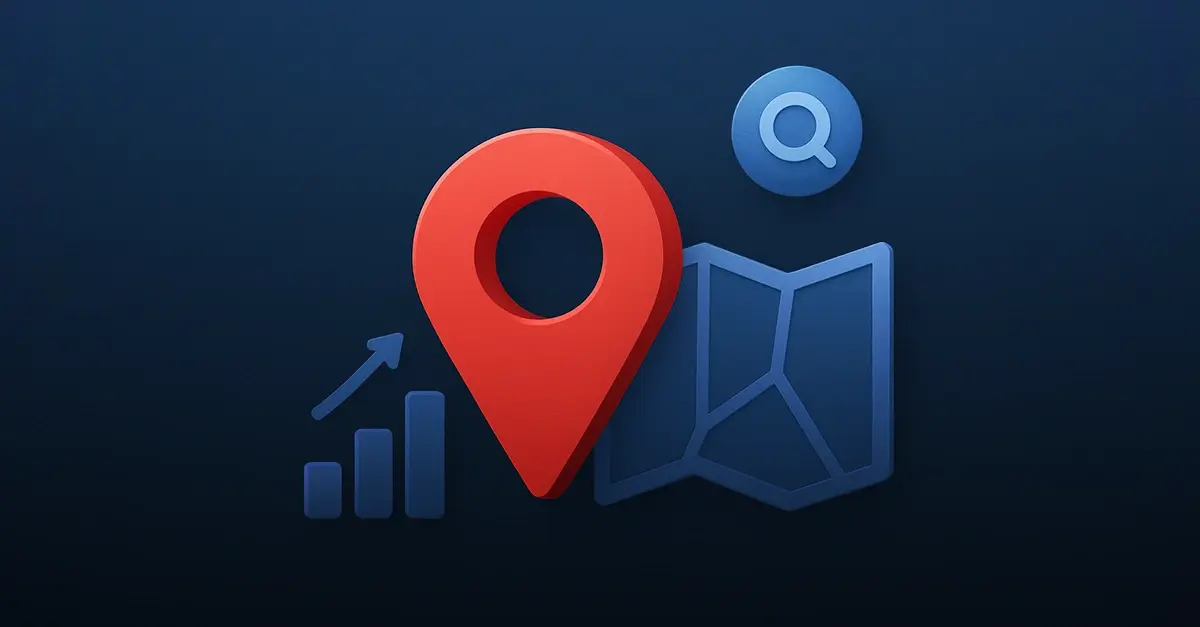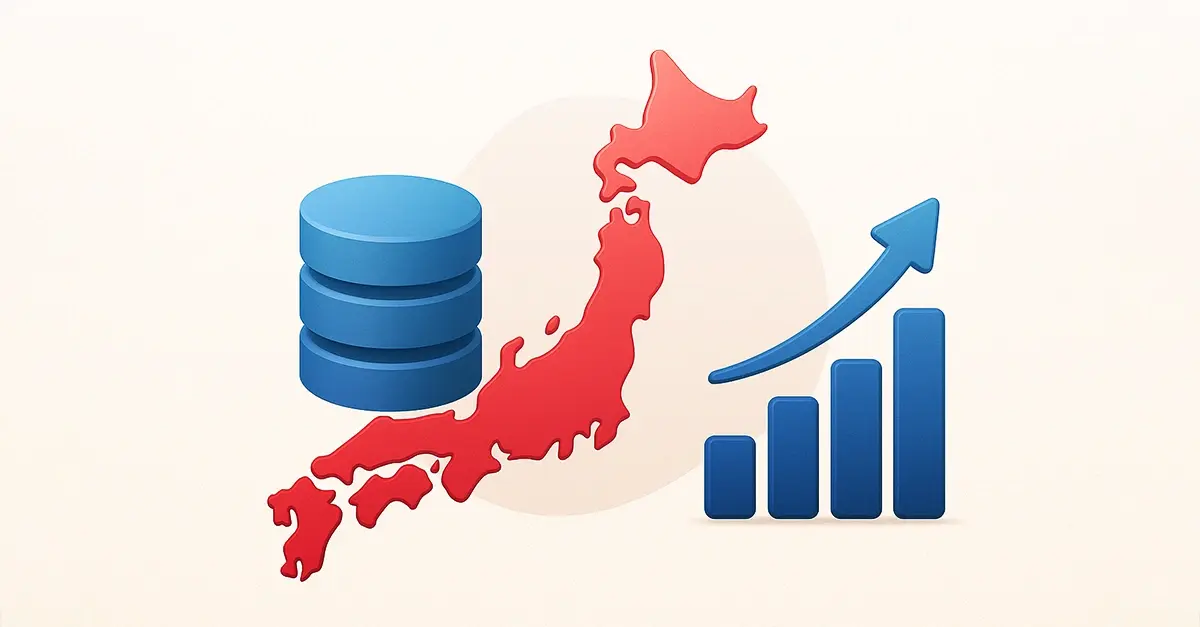1. Credit Risk Evaluation for B2B Lending
A commercial bank assesses the creditworthiness of businesses applying for loans using legal status, company age, and financial records. By analyzing business registration details and past operational stability, they reduce default risk and make informed lending decisions.
2. Fraud Detection in B2B Transactions
A payment processing company enriches its fraud detection system with business registration data, legal entity status, and operational history. This helps identify shell companies, high-risk businesses, and fraudulent transactions before they occur.
3. Supplier & Partner Risk Analysis
A retail chain evaluating new wholesale suppliers checks their financial stability, compliance history, and litigation records. By leveraging real-time business data, they mitigate the risk of supply chain disruptions and unreliable vendors.
Coverage: Access 4 million businesses across Canada and customize your dataset with 460 unique data attributes.
Fully Compliant Data: All data in our database is compliant with the California Consumer Privacy Act (CCPA).
360 Solutions: Leverage our Canadian business data alongside our software to support a wide range of data-driven business activities.
AI-Enhanced Data: Our cutting-edge AI technology ensures deduplication, attribute optimization, and advanced data enrichment for the most accurate insights.






